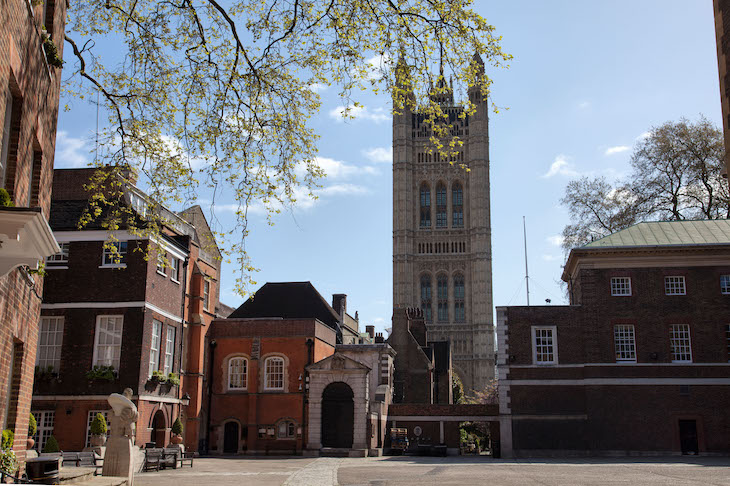Westminster School, one of Britain’s oldest public schools, has announced it will go fully ‘co-ed’ from 2030. Having first admitted girls to the sixth form in the 1970s, the school will now admit girls from the age of 13. This decision means that soon there will only be four remaining boys’ boarding schools left in the UK: Radley, Eton, Harrow and Tonbridge. Westminster says the decision is ‘based on a desire fully to reflect the community we serve, and to shape that community by educating brilliant young men and women with a commitment to making a difference.’ But the decline and fall of boys’ schools is not something to celebrate.
There are roughly 800 single sex schools left in England, but most of these are for girls. That’s good for parents looking for an empowering education for their daughters, but bad if you have a son who would benefit from a single-sex education.
There are about 24,000 schools in England. If paying fees is beyond you (which it is for most) then your chances of finding a state boys’ school are slim: only 157 state schools offer an education just for boys. Many of these are grammars who cling to their single-sex traditions. Single sex schools, and particularly those for boys, are disappearing fast as more and more schools follow Westminster’s lead and go ‘co-ed’. So much for diversity and choice.
Being a teenager is hard enough without the added stress of the presence of the opposite sex
These schools appear to have convinced themselves that boys somehow ‘need’ girls to civilise them (imagine the same being said in reverse) and that boys do better with hard working girls to pull them up. The evidence is not all one way. An academic study conducted in 2003 found that boys did better in an all-boys classroom when other factors had been controlled for, something the researcher claimed ‘directly contradicted the educational myth that males performed better in classrooms if females were present’.
When academics got together and looked at the data for single sex schooling, they concluded it didn’t really have much impact on exam results. It is the social side of school where this makes a difference.
Being a teenager is hard enough without the added stress of the presence of the opposite sex. Some boys will do well with the supposed civility of girls, but, for others, mixing with the other sex during their teenage years will make life harder. In the end, parents will know best – but that is pointless without the choice.
You don’t have to be a parent of a boy to understand that boys and girls are wired differently. A school that can structure its education just for boys should then be something we welcome. But they are quickly going out of fashion.
‘Boys don’t feel that schools are listening to them or taking the problems they face seriously enough. The emphasis has to be on schools to take more care of boys,’ Mark Brooks, a co-founder of the Men and Boys Coalition, told the Times earlier this week. He’s right – and we should start by protecting those schools that offer education only to boys, before it’s too late.
The demise of boys only schools should leave us wondering where boys can learn to be boys; an environment just for them. Parents should have much greater choice in education, allowing them to decide what is best for their son or daughter. After all, we will regret the loss of boys’ schools once they are gone.






Comments